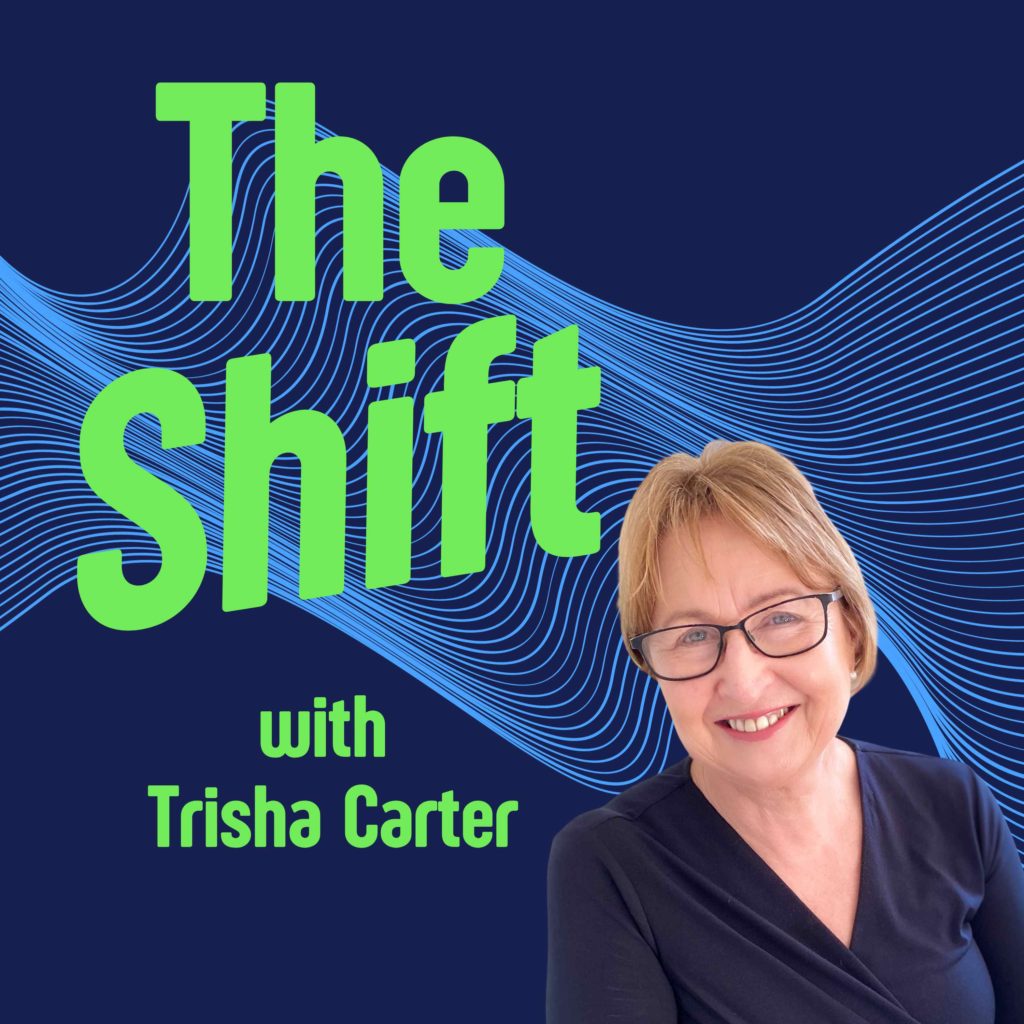I’m a big fan of definitions.
You may think that you’ve agreed with a colleague on a topic, only to discover that their understanding or definition of something vital is wildly different from your own.
Misunderstandings multiply when we don’t have that shared understanding. It is a fundamental part of effective communication and also of cultural intelligence. Our cultural background, identity and context may mean we hold differing values, beliefs and assumptions.
In the past, often when I talked about cultural awareness, cultural intelligence or becoming a more effective global communicator, I assumed that everyone knew what culture meant.
You would think I would have known better!
These days, I like to start by asking the individual or group what the word culture means to them. I ask them not to judge their own responses or those of their peers. There isn’t a right or wrong answer.
I love the variety of responses. They are all ‘right’ in their way – they all reflect individuals’ experience of the word ‘culture’, depending on their background, identity and even language.
It can start a fascinating conversation about how we perceive and understand ‘culture’.
Here are two definitions that I use, courtesy of The Center for Cultural Intelligence
“A shared pattern of beliefs, values, assumptions and behaviours that distinguish one group from another.
“The way we do things around here.”
Why give two? They are saying the same thing but in different ways. And often we need different ways of saying the same things to connect with people with different perspectives.
I find it useful to start with these definitions and ask people to sit with them – reflect on what surprises them, what makes sense to them, and what they had perhaps not thought about before.
This is a great way to open a conversation about the different kinds of culture we may experience and be part of in our lives.
I find the responses to this vary depending on the audience. Some people connect immediately to national, regional or local country or regional cultures. Others focus more on organizational culture.
I like to introduce ideas around functional culture within organisations. Maybe that’s because I’m a communications professional married to an engineer! Or team cultures – the Netflix documentary on David Beckham is a great resource for illustrating this! And what about family culture? How about cultural differences based on aspects of our identities, maybe age, faith, or gender identity?
These definitions can be applied to all of these types of culture.
The good news is that building our cultural intelligence makes us more effective in working, communications and building relationships across our differences in all of these cultures
Want to know more about cultural intelligence and how it might help you communicate more effectively? Drop me a note at sarah@athrucommunications for a free 45 minute call.


